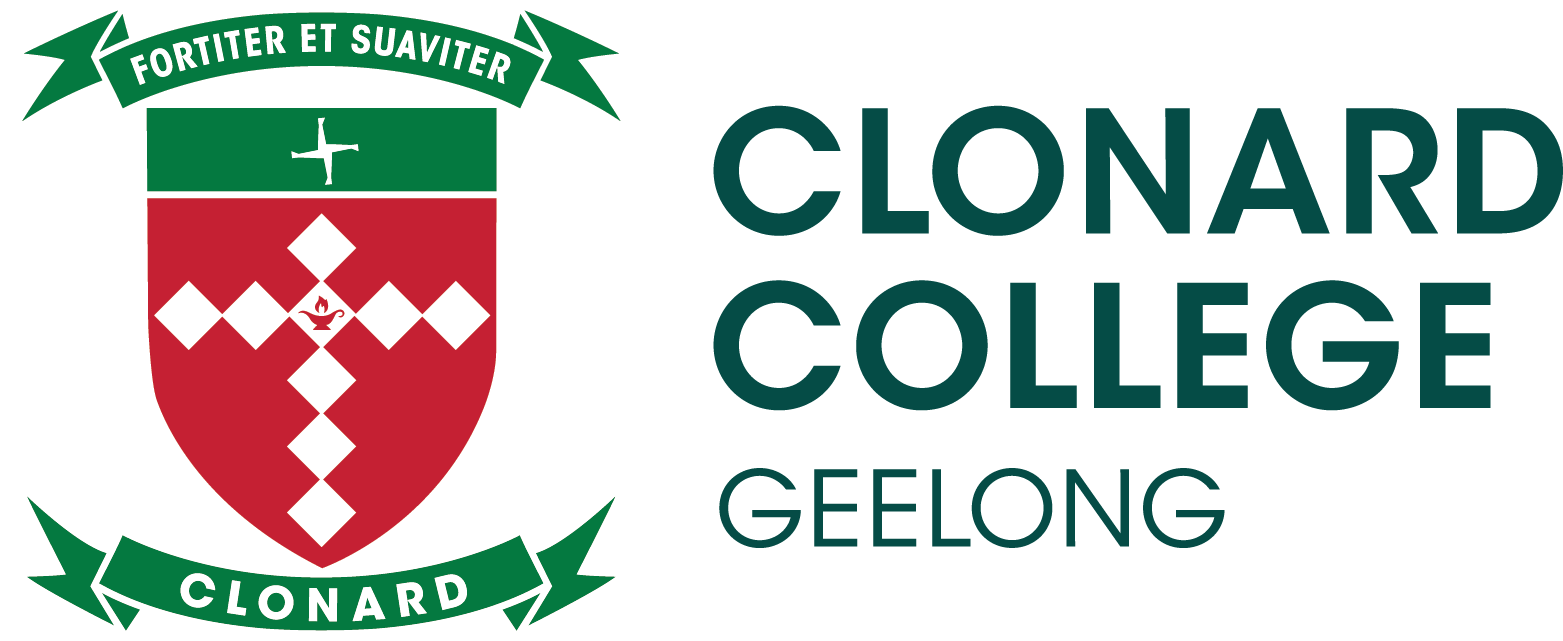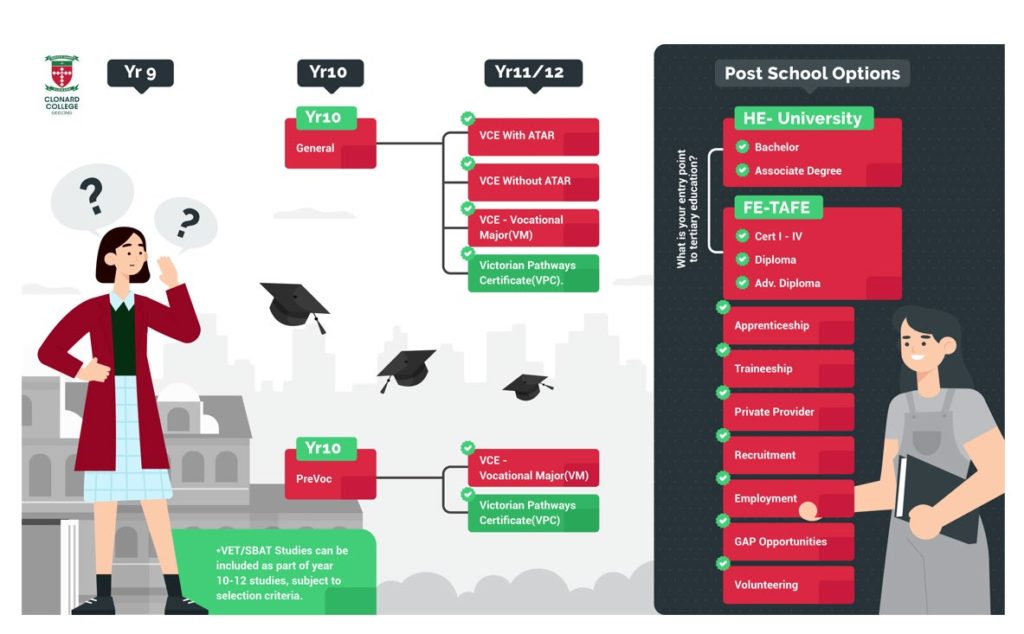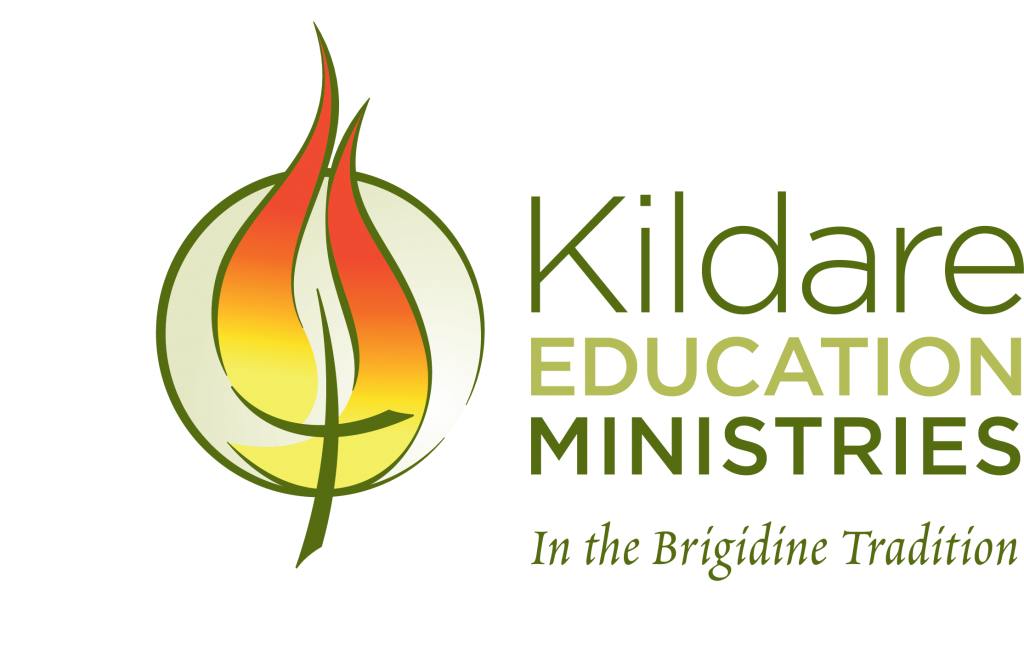Senior Years
Years 11 & 12
Table of Contents
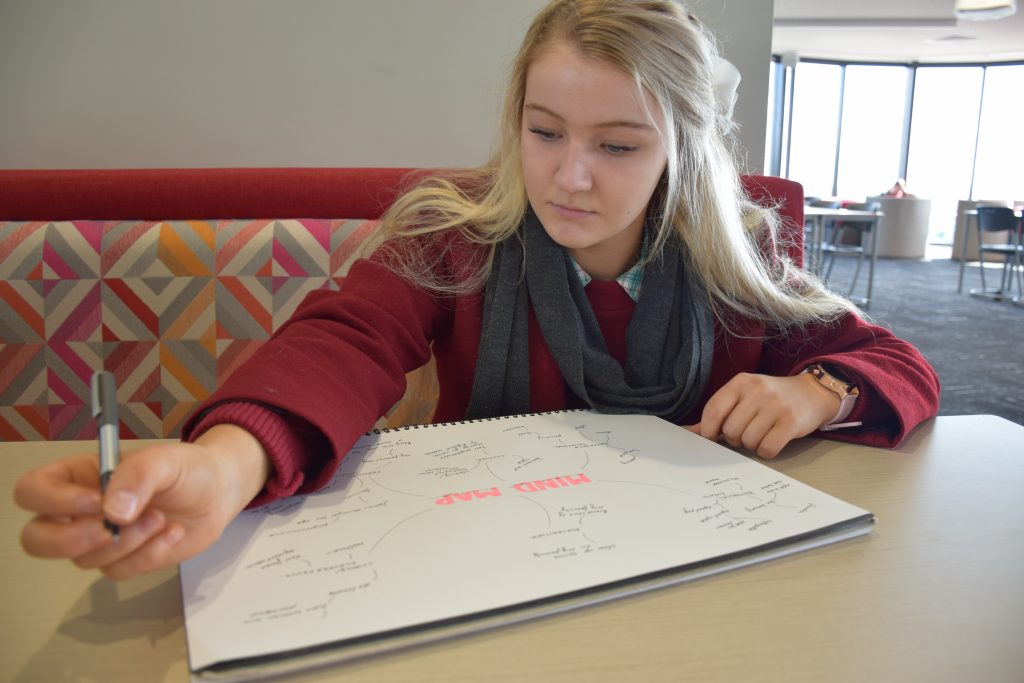
We encourage all students to follow their own preference to undertake Victorian Certificate of Education (VCE) or VCE-Vocational Major (VCE-VM) and study subjects for which they have a natural disposition and interest and that will assist them in the industry into which they will begin their study or work life.
At Clonard we recognise that everyone is different which is why we offer both the VCE, a vibrant and engaging VCE-VM and a full Vocational Education and Training (VET) suite of subjects.
The diagram to the right might help you understand how these different programs operate and how they all, either directly or indirectly, lead students to higher education at TAFE or University.
Most students undertake the VCE while others choose the VCE-VM pathway. VET is available in both programs. VCE-VM leads directly to TAFE and then university while VCE leads directly to university.
For more information about Subject Selection in the Senior Years, please see the link below:
Need More Information?
Discover the programs and subjects offered at Clonard College in the Senior Years Handbook:
Victorian Certificate of Education (VCE)
The Victorian Certificate of Education is an accredited senior school qualification. The Victorian Certificate of Education is the certificate that the majority of students in Victoria receive on satisfactory completion of their secondary education. It is an outstanding qualification that is recognised around the world. The VCE provides diverse pathways to further study or training at university or TAFE and to employment.
Studies in VCE are broken into four units (Unit1, 2, 3 and 4) and each unit runs for one semester (two terms). Most students will study Units 1 and 2 (Semester 1 and 2) in Year 11 and Units 3 and 4 at Year 12. All students take six subjects plus Religious Education at Year 11 and five subjects plus Religious Education at Year 12. All students must complete at least five VCE studies.
At Clonard College students can accelerate into a VCE study at Year 10 and we recommend that all students investigate this as possibility.
This allows students to complete one subject in Year 11 which can lead to either taking on a sixth subject or doing only four at Year 12. We undertake specific and targeted Careers’ Education from Year 7 which focuses heavily in Year 9 to support students in the beginnings of their senior education.
We do this to enable students to make decisions in VCE subjects that are informed by their own reflections on themselves, their natural talents and dispositions and skills.
The ATAR
Students who complete the VCE have an Australian Tertiary Admissions Ranking (ATAR) through their studies (usually 50% of the ATAR is derived from school coursework (SACs) and 50% is from exams at the end of Unit 4).
Each subject has a ‘study score’ out of 50 and the ATAR is derived from a student’s top four subjects (which includes English) with 10% of the fifth and sixth study (where a sixth is undertaken). This ATAR is used by universities to determine who is offered a place in a course of study.
Logically, the higher the ATAR a student attains, the greater choice they have of not only courses of study but universities and learning institutions.
The ATAR required for courses is published every year in the Victorian Tertiary Admissions Centre (VTAC) through which all students apply for courses. The required ATAR does change every year in response to demand – the higher the demand, the higher the ATAR required.
The following VCE subjects are offered and students can also undertake VCE-VM or VET programs.
| Subjects Offered at VCE | |
|---|---|
| Religious Education (VCE and School Units) | Physical Education |
| English | Physics |
| Accounting | Psychology |
| Art Creative Practice | Theatre Studies |
| Art Creative Practice | Media Studies |
| Australian & Global Politics | Mathematics Further (3 & 4) |
| Biology | Mathematics Methods (1-4) |
| Business Management | Mathematics Specialist (3 & 4) |
| Chemistry | Design & Technology |
| Dance | Visual Communication Design |
| Environmental Science | A number of Vocational Education and Training Courses (VET) are offered in co-ordination with the Gordon Institute and other providers. The College also offers the Victorian Certificate of Applied Learning (VCAL) as an alternative to the VCE program. Some students are also able to undertake university subjects as part of their VCE program. |
| Economics | Health & Human Development |
| Food Studies | History - Twentieth Century (1 & 2) |
LOTE: French| LOTE: Indonesian | |
| Geography | Literature |
| History - Revolutions (3 & 4) | |
| Legal Studies | |
| Music | |
| Outdoor & Environmental Studies | |
VCE-Vocational Major (VCE-VM)
The VCE Vocational Major (VCE-VM) is a vocational and applied learning program within the VCE designed to be completed over a minimum of two years. The VCE-VM will give students greater choice and flexibility to pursue their strengths and interests and develop the skills and capabilities needed to succeed in further education, work and life.
It prepares students to move into apprenticeships, traineeships, further education and training, university (via non-ATAR pathways) or directly into the workforce.
The purpose of the VCE-VM is to provide students with the best opportunity to achieve their personal goals and aspirations in a rapidly changing world by:
- equipping them with the skills, knowledge, values and capabilities to be active and informed citizens, lifelong learners and confident and creative individuals; and
- empowering them to make informed decisions about the next stages of their lives through real life workplace experiences.
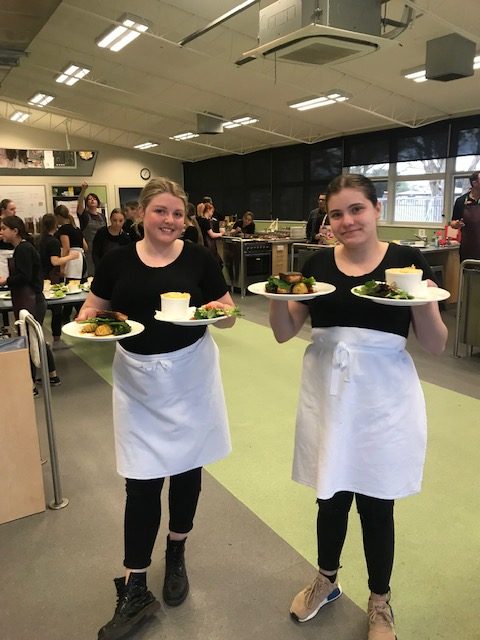
Unit Requirements
To be eligible to receive the VCE-VM, students must satisfactorily complete a minimum of 16 units, including:
- 3 VCE-VM Literacy or VCE English units (including a Unit 3–4 sequence)
- 2 VCE-VM Numeracy or VCE Mathematics units
- 2 VCE-VM Work Related Skills units
- 2 VCE-VM Personal Development Skills units, and
- 2 VET credits at Certificate II level or above (180 nominal hours)
Students must complete a minimum of three other Unit 3–4 sequences as part of their program. Units 3 and 4 of VCE-VM studies may be undertaken together over the duration of the academic year to enable these to be integrated.
Most students will undertake between 16-20 units over the two years.
